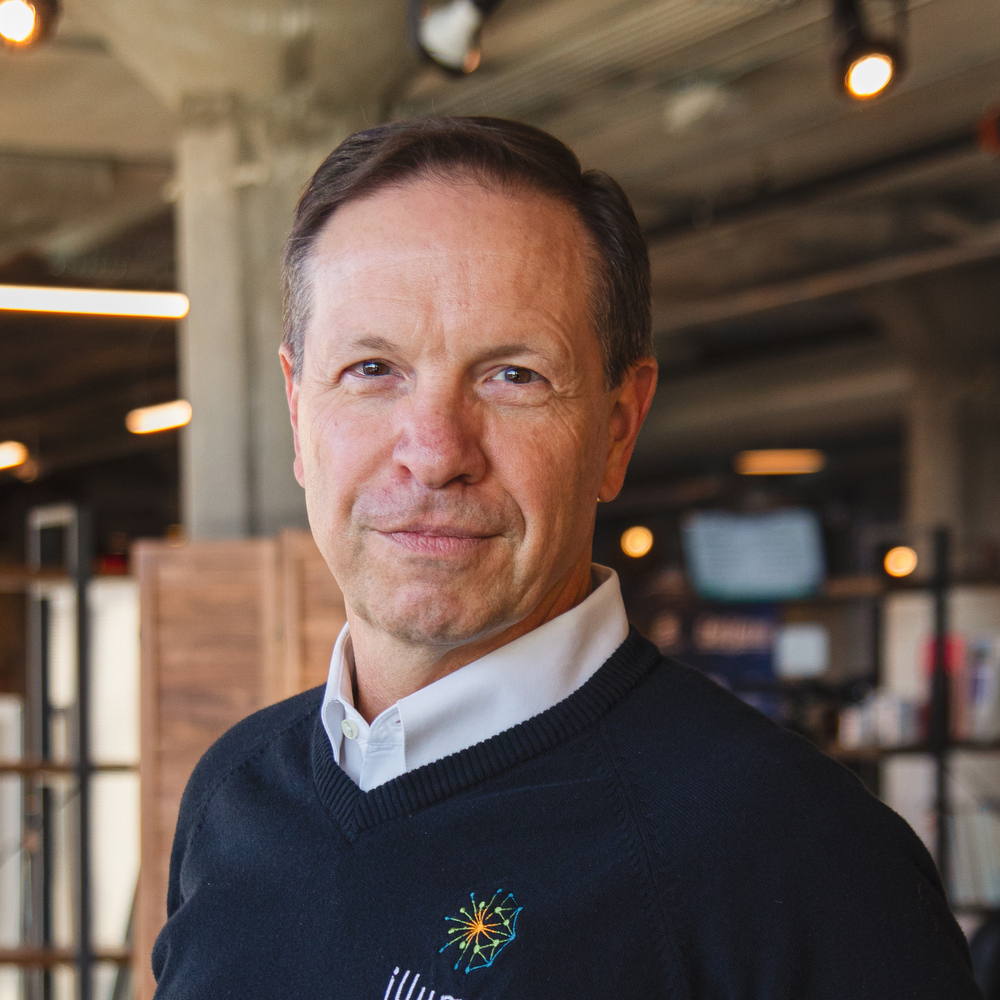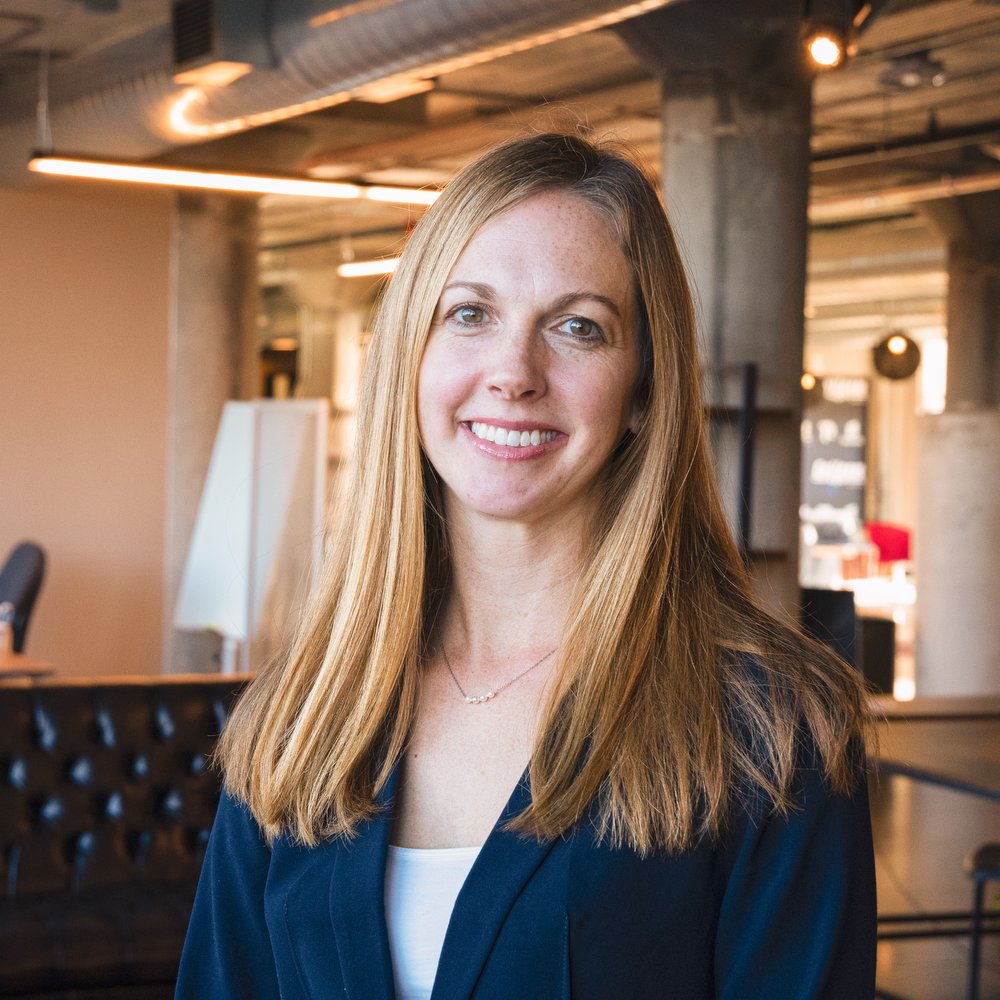Mergers and acquisitions (M&A) are major corporate events that bring together two previously separate entities. One of the biggest challenges in a merger can be the integration of the two companies’ operations, cultures, and personnel. The psychological concept of “entitativity” can provide valuable insights. Yes, we realize this is a tongue twister.
Entitativity refers to the degree to which a group of individuals is perceived as being unified into a single entity or “entitative” group. To learn more about the concept of entitativity check out our blog called Creating “One” Culture: The Importance of Entitativity.
Groups high in entitativity are seen as having clearly defined boundaries, shared goals and interconnections among members, and an overarching group identity that transcends individual identities. An example of low entitativity would be a group of individuals waiting for a bus. Not much binds them together outside of sharing the inconsequential goal of waiting for the same bus. When two organization’s merge they tend to be low in entitativity as their identities and goals haven’t been fully integrated and aligned.
Us vs. Them
During a merger or acquisition, there is often a stark “us vs. them” divide between the two combining companies. Employees may strongly identify with their pre-merger company and view the other side as an out-group with conflicting goals and values. This compartmentalization limits cooperation, knowledge sharing, and the formation of productive working relationships across legacy company lines.
However, companies that can create a sense of entitativity and cultivate a unified post-merger identity are more likely to achieve integration success. When employees perceive themselves and their colleagues (from both legacy firms) as part of a cohesive new entity, cooperation improves, institutional boundaries break down, and people are more willing to adopt new processes and cultural norms.
The Power of Perceived Similarity
An interesting approach to improve entitativity is supported by research from the field of relationship psychology on “perceived similarity” and interpersonal attraction. Multiple studies have found that romantic partners who perceive themselves as more similar tend to experience greater relationship satisfaction and closeness. On the contrary, they found that actual similarity has little-to-no impact on relationship satisfaction and attraction. This similarity-attraction effect isn’t limited to romantic relationships though – it also plays a role in workplace relationships and team cohesion.
In a merger context, fostering perceived similarities between combining workforces can increase interpersonal attraction to the corporate entity, thus improving entitativity.
Some potential strategies for enhancing perceived similarities include:
- Shared Vision and Values
Unify the two workforces around a clear, compelling vision for the new organization and a defined set of core values everyone can rally around. This provides a common anchor and sense of shared identity. We highly recommend unifying around vision and values for any merger, however, when two companies of roughly the same size are coming together this presents a unique opportunity to create a new unifying vision as well as redefined values.
When there is a significant size imbalance, it typically results in the larger entity having a more significant role in dictating the vision and values of the new entity. The opportunity for increased entitativity is still present, but the integration gains are less powerful. One thing to consider is mapping the legacy company’s values to the acquired company’s values to reinforce similarities.
- Communicate and Reinforce Cultural Similarities
Frustration is an inherent part of any merger. It’s common for employees to project their frustrations onto the acquiring entity. When this occurs it creates a rift, reinforces differences, and can lead to polarization. Measuring cultural similarities and differences with M&A Culture Insights gives companies an objective way to quantify similarities and differences.
Part of why one of our clients, AHEAD, was so successful in improving speed-to-integration is they acquired companies that were more like them than different. When things became frustrating or challenging in the merger process this allowed them to do two things: acknowledge the frustrations employees were experiencing AND reinforce how similar the workplace cultures were. Having data that highlighted cultural similarities allowed them to bring the narrative back towards “we” and counterpoint the natural inclination for employees to fall back on “us vs. them” thinking.
- Find Challenge Goals to Create Shared Experiences
Establishing crucial, time-bound integration objectives that require cooperation and collaboration across legacy companies to achieve. Pursuing challenging goals together can unite people and eclipse pre-existing subgroup identities.
About ten years ago I participated in a military-style bootcamp challenge with a group of strangers in Chicago. Throughout the day and night, the facilitators gave us nearly impossible tasks, such as filling up a bag with 500lbs of sand and carrying it several miles to a destination of their choosing. The tasks required a significant amount of coordination and teamwork, but the most important outcome was the shared story we created through the experience. The experience became a common ground that we could laugh about (or complain about) and became a source of bonding.
- Leadership Modeling
Have the merged executive teams and leaders intentionally model the desired culture, mindsets, and behaviors of the new entity. As formal and informal leaders from both sides come together and act as a unified front, it provides a powerful example for the rest of the organization.
One organization we worked with had an approach of putting all managers from acquisitions/mergers through training in corporate values. The expectation from the experience was for managers to talk about the values with employees in their everyday work to reinforce the new, shared corporate values.
- Symbolic (yet Meaningful) Actions and Environmental Graphics
Use highly visible symbols and actions to reinforce the new unified identity. This could include a new name, brand, office restructuring, artifacts, ceremonies, etc. These can accelerate the psychological transition to a single entity.
An example of a symbolic action we saw with one of our clients was when an operations team discovered that one of the companies they acquired had a superior system and process in place of inventory management. The leadership recognized this, praised the company for what they achieved before the merger and announced that the entire company would adopt the new system.
- Cross-Staffing
Lastly, it is important to thoughtfully integrate teams and functions across legacy companies rather than operating in segregated streams. The increased personal contact, intermingling, and inherent need for coordination drives greater entitativity. It becomes harder for employees to label one legacy company as “the other” when they are working side-by-side with them.
Unifying Cultures
While complete cultural and operational unification is rarely achieved overnight, taking proactive steps to build entitativity and cross-cutting bonds facilitates the challenging people-realities of M&A integration. As relationships develop across the new combined workforce, a mentality of “one firm” can take root and render pre-merger divisions increasingly obsolete.
For companies in the throes of an acquisition or merger, paying keen attention to the similarities and perceived unity between combined personnel is just as critical as integrating systems, processes, products, and finances. After all, people ultimately determine the success or failure of a deal. An entitative mindset can be the key catalyst for employees to become enthusiastic about the unique possibilities that two unified entities can create together.
If you are interested in measuring cultural similarities and differences, check out illumyx’s M&A Culture Insights for ways to systematically measure and track culture integration progress for your company.





